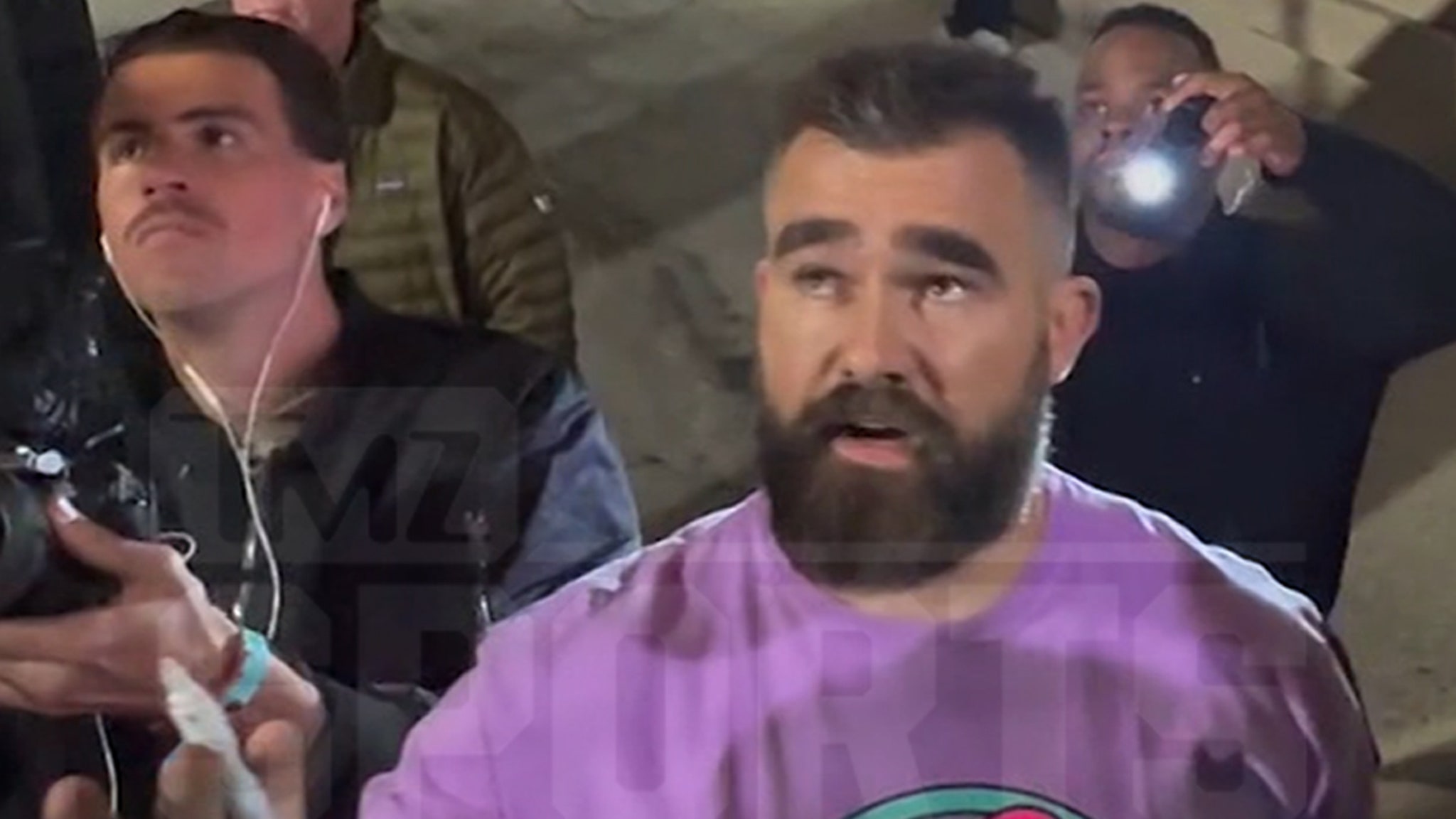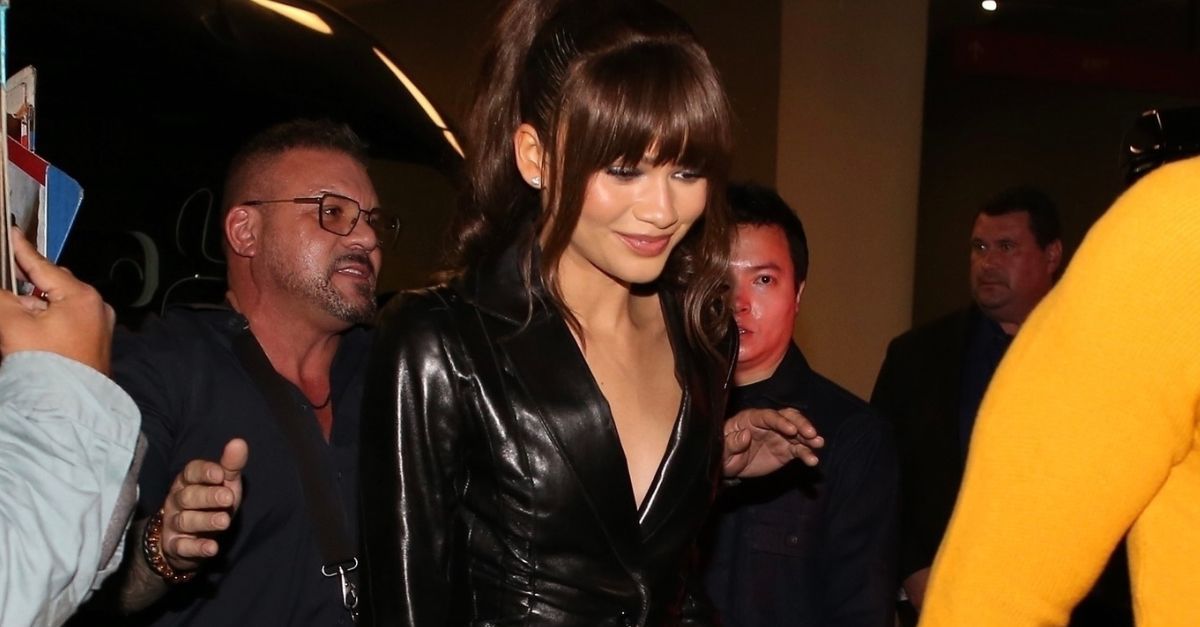And the viewers cheered!
Found Season 1 Episode 9 was a pivotal episode that rejuvenated a show that was slowly falling into the trap of its own making by demanding we suspend logic.
It answered all the questions that had been building up throughout the season and had a similar feeling to the series premiere, which was beautifully done.
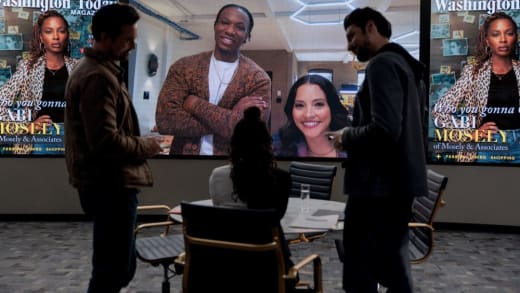
Like I cheered watching the premiere, I found (see what I did there) myself beyond excited about the events in this episode.
Like all others in the season, events unfolded on two fronts as several characters dealt with their feelings while working on another case.

There wasn’t too much focus on Gabi and her feelings, and many characters got enough screen time to flesh out some backstories and develop them.
Noticeably, it was the first time we didn’t get flashbacks to Teen Gabi’s times in captivity, which always seemed to usher in something about the present.
They weren’t terribly missed since we revisited the past, but this time, it was not about Gabi but about Sir.
Something traumatic must have happened to him that made him the monster he is, is a statement I’ve repeated countless times in my Found reviews.
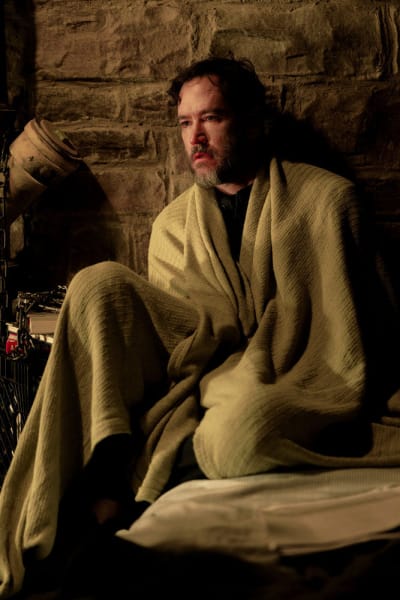
The best I could do was guess that he had lost his family (I still think there is something in those lines), and it was a lot of feeling around in the dark.
The episode revealed the beginnings of Sir’s trauma, and why did I never guess that? His rigid morality about certain moral issues was reminiscent of general Christianity a few decades ago, where he condemned anything he deemed sinful, even small vices.
It might be cliché, but that’s because it’s common that most serious problems male offenders develop in adulthood can be traced back to their childhood, and more times than not, they have to do with mothers.
I’m not sure how accurate this prevailing assessment is and what in a mother-son relationship bears these fruits, but it’s interesting, to say the least.
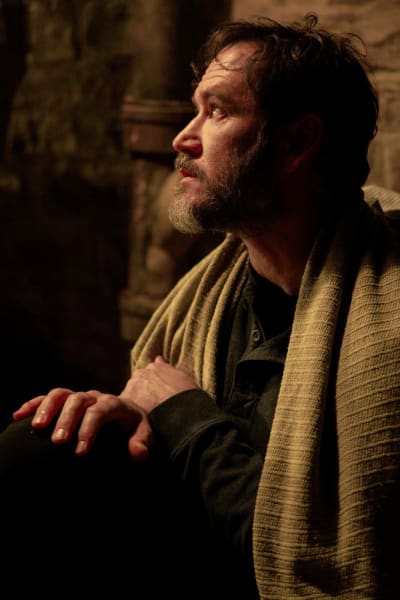
Boys with mommy issues tend to develop violent behaviors against women who look like their mothers or exhibit the same behaviors, while girls with daddy issues tend to be promiscuous. Is this true, or is it something one writer did and Hollywood decided to run with?
We met Hugh and his demon of a mother.
Hugh’s Mother: I’m impure. A whore. How dare you write those things about me?
Hugh: That’s my journal. It’s private.
Hugh’s Mother: As if you’re so much better.
Hugh: Why do you treat me like this? I do everything for you; why can’t you love me?
Hugh’s Mother: I don’t love you because you’re broken. You’ve always been broken. You will always be broken. No one will ever love you. You understand me? No one.
Some children never stand a chance, so bearing children should not be taken lightly. Cooped up in that house ridden with chores way above his age was not a childhood any child should have.
He had to witness his mother’s promiscuous lifestyle, and her mode of dressing was just as bad.
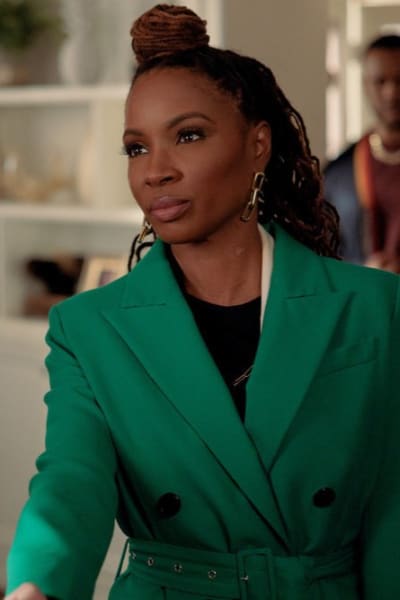
Now, sex work is work, and I don’t judge her for doing what she had to do to feed… oh wait, she didn’t even feed them.
It took a kind neighbor (who has an uncanny resemblance to Teen Gabi) to notice Hugh was suffering. I had debated the reason why Sir took Gabi, a Black child, and I’d assumed it had something to do with race.
But maybe it was because the first person to be kind to him was a Black woman, and his mind associated that with Black people.
The life Hugh led would break someone. The most essential thing children ask of their parents is love. To be told and shown that they’re loved. He lacked it, and he would die trying to find someone who loved him.

For a backstory, it made sense why he acted how he did.
Books were his only window into the world, and he lucked out as someone who also used books as a window into the world. There is so much to learn about the world unless one runs into inappropriate books.
It was why he stressed that Teen Gabi read.
Events in his childhood shaped his mind and desires. The desire to be loved was not met at all, and it broke him.

As Sir dealt with his past demons, Gabi Mosley dealt with the present.
With each passing day, the secret was becoming more challenging to keep. How could she when her door was revolving with intuitive people whose job is to read emotions?
Gabi flirted with the idea of confessing, and it weighed so heavily on her that she had nightmares about it.
We were wrong if we thought Lacey Quinn had been satisfied by Gabi’s explanation about the basement.
We used to be close. There was a time that I could read you better than anyone, and now there’s just this wall and half-truths.
Lacey

We had lost the context of just how much history they shared. They had kept in touch all these years later, and Lacey understood Gabi.
The hour saw the team work on a missing person’s case, and while it wasn’t like the other cases they have worked on throughout Found Season 1.
I never thought of “influencers” as a marginalized group, but as is the case with M&A, the only thing they need to know is that someone is missing, and a ransom video left no room for doubt.
Mellissa’s case was complex, but for the most part, it felt like it was needlessly so.
I get not wanting to deliver bland cases, but doing a whole tour to reveal that Melissa was in a polyamorous relationship felt a little over the top.
While it was clear that Melissa led a deceitful life, it felt like her partners would have come clean about the nature of their relationship as soon as possible.
The team went into action trying to negotiate for Melissa’s return, and who would have thought they would be targets for a scam? Maybe that will caution them against jumping on every case that comes through their doors.
I prefaced this review by highlighting how different and important this episode was because it answered many questions and had several firsts for the show.
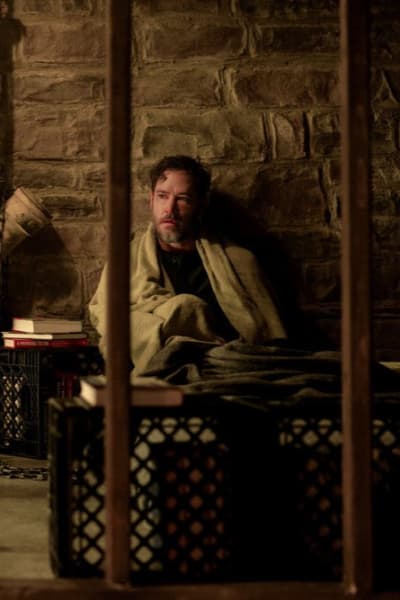
The money question was finally addressed, and while it wasn’t something we didn’t know, the show offered a little more information on that front.
Mark: Mosley & Associates and its fearless leader, former kidnapping victim Gabby Moseley, and her diverse crew of specialists have dedicated themselves to finding those who others won’t.
Dhan: With a 96% success rate and their classified funding sources.
Lacey: Shoutout to Zeke and his trust fund.
In Found Season 1 Episode 1, Dhan was not Zeke’s greatest fan because he had found his way into M&A by having his parents bankroll the operation.
The explanation seemed partially satisfying, but there was a question about how much they did and their limits. A man willing to give up $1 million is not poor by any means, and I guess he could cough up several millions for a noble endeavor.
That and the fact that many of the clients seemed like they could pay, plus donations from well-wishers, I would assume it was a bit satisfactory.
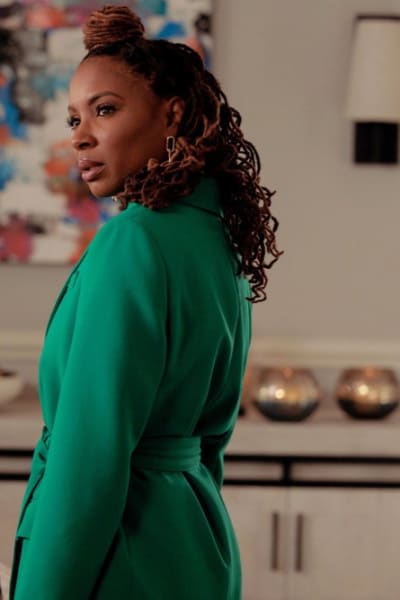
The question about what happened to Sir was also addressed.
For the first time, we saw the team lose someone they were supposed to save, and it was nerve-wracking for Gabi. There was no “Welcome Home!” because Melissa died, and there was no one to welcome.
We saw the “other wall” where the remaining 4% went. It was considerate of Gabi not to forget them, but was that a healthy thing to do? To have her “failures” right in her house?
For the first time, we saw an operation go horribly wrong when shots were fired, prompting the police to intervene. I squirm at the thought of what could have gone wrong there.
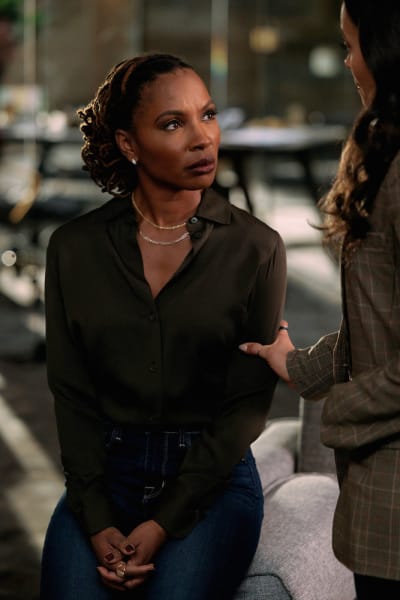
Intrusive Thoughts
-
The show is biting a little more than it can chew because Margaret’s visit to the therapist deserved a lot more screen time. Two scenes didn’t feel like they did her justice.
-
Mark’s struggle with being out of the police force was also not done justice.
-
Will Gabi Mosley ever stop with the lies? The thing with lies is that they become too big to admit, and the only way out is to tell more lies to cover up past lies.
Lacey: What’s in the basement?
Gabi: I’m in the basement. I lock the part of me that Sir took in there. The part that I never got back. The part that grieves the darkness, loneliness, and pain. It’s the place that I go in my mind where I become what we hunt to help us with our cases and bring people home.
Over to you, Found Fanatics. What did you think?
Did you find the episode as vital as I did?
Which answers did you deem as being unsatisfactory?
Chime in in the comments section.
Denis Kimathi is a staff writer for TV Fanatic. He has watched more dramas and comedies than he cares to remember. Catch him on social media obsessing over [excellent] past, current, and upcoming shows or going off about the politics of representation on TV. Follow him on X.

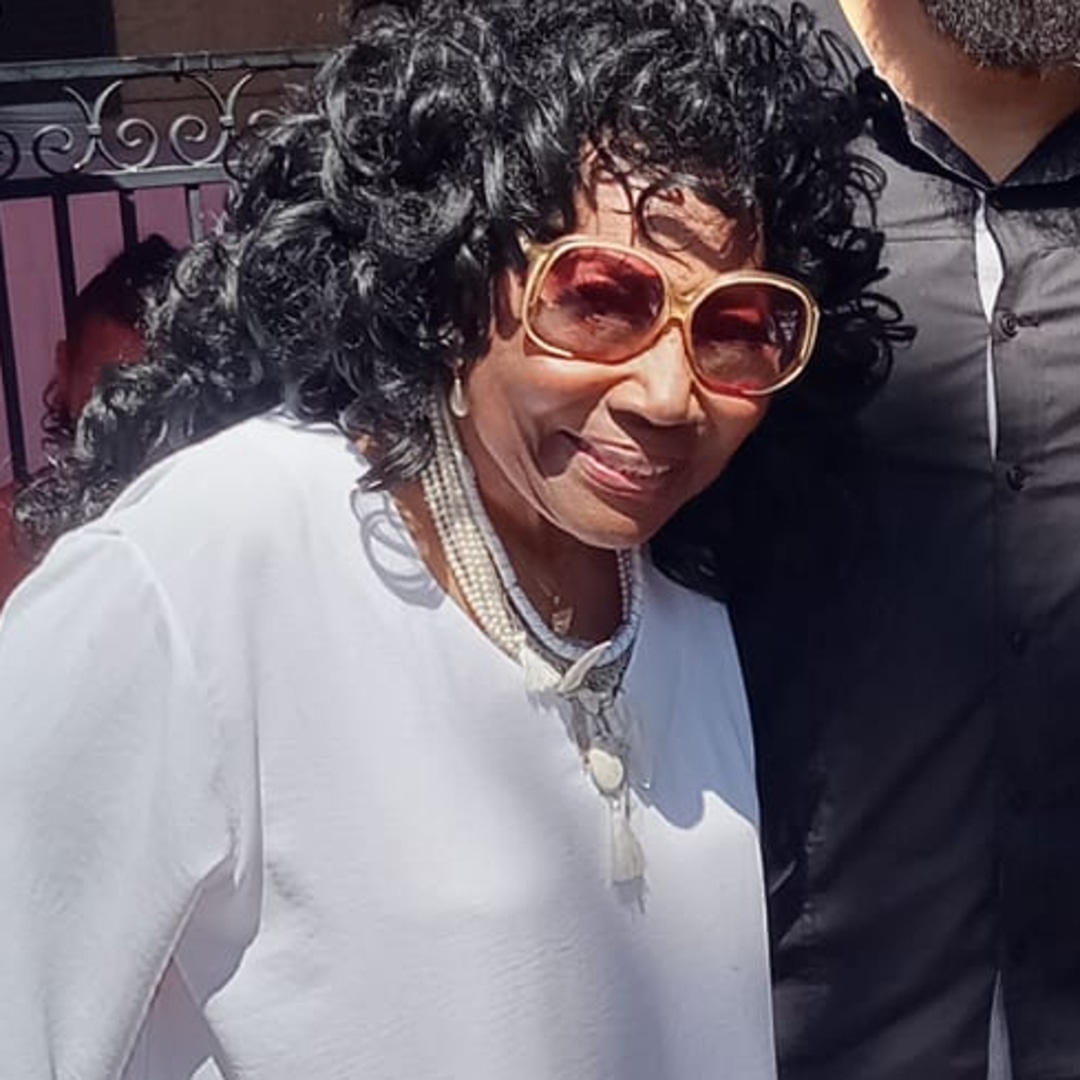

















![Rams/Vikings Game Kicks Off With Rachel Platten’s ‘Fight Song’ [VIDEO] Rams/Vikings Game Kicks Off With Rachel Platten’s ‘Fight Song’ [VIDEO]](https://tvline.com/wp-content/uploads/2025/01/rachel-platten-fight-song-video.jpg?w=650)



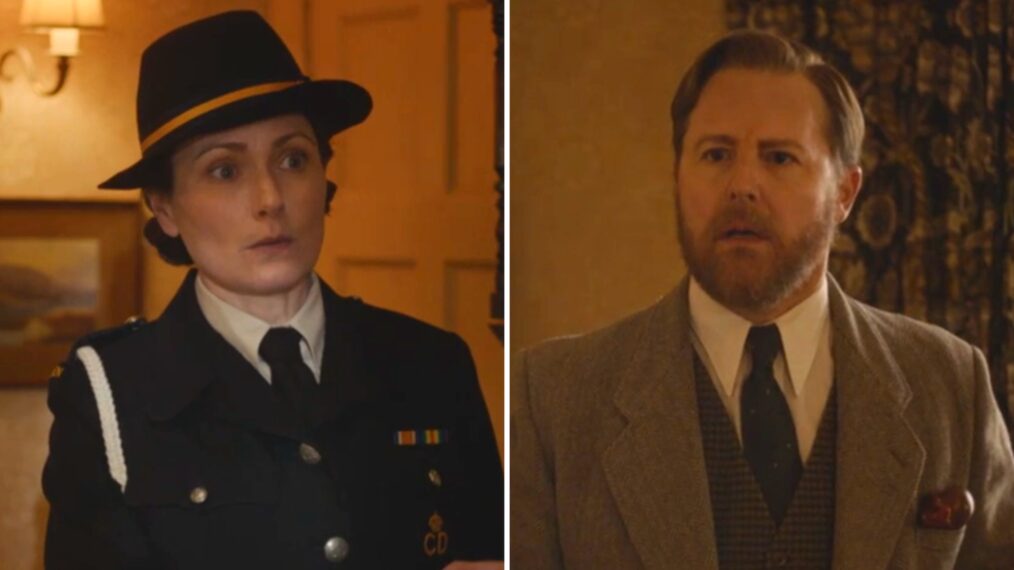
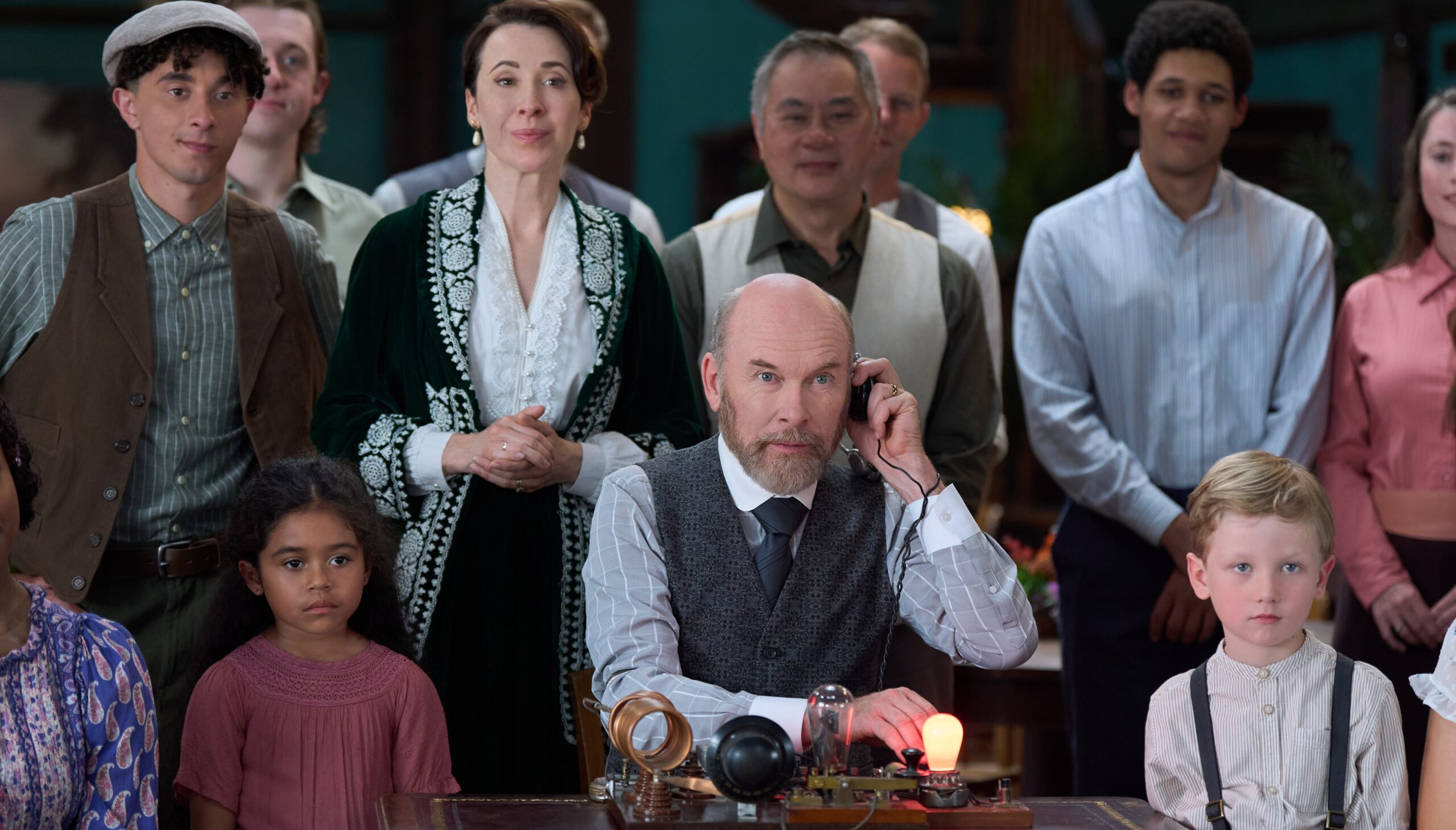

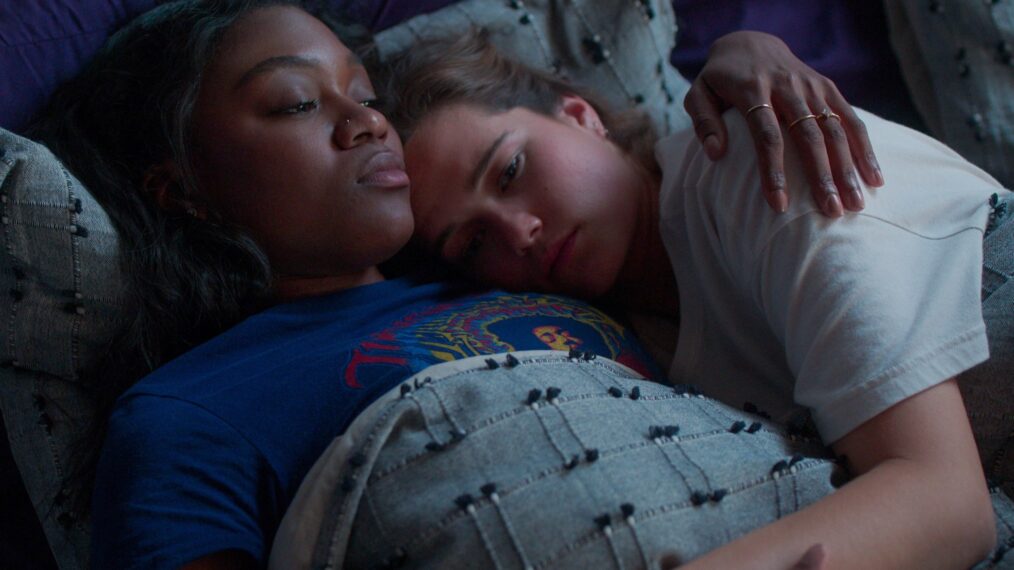
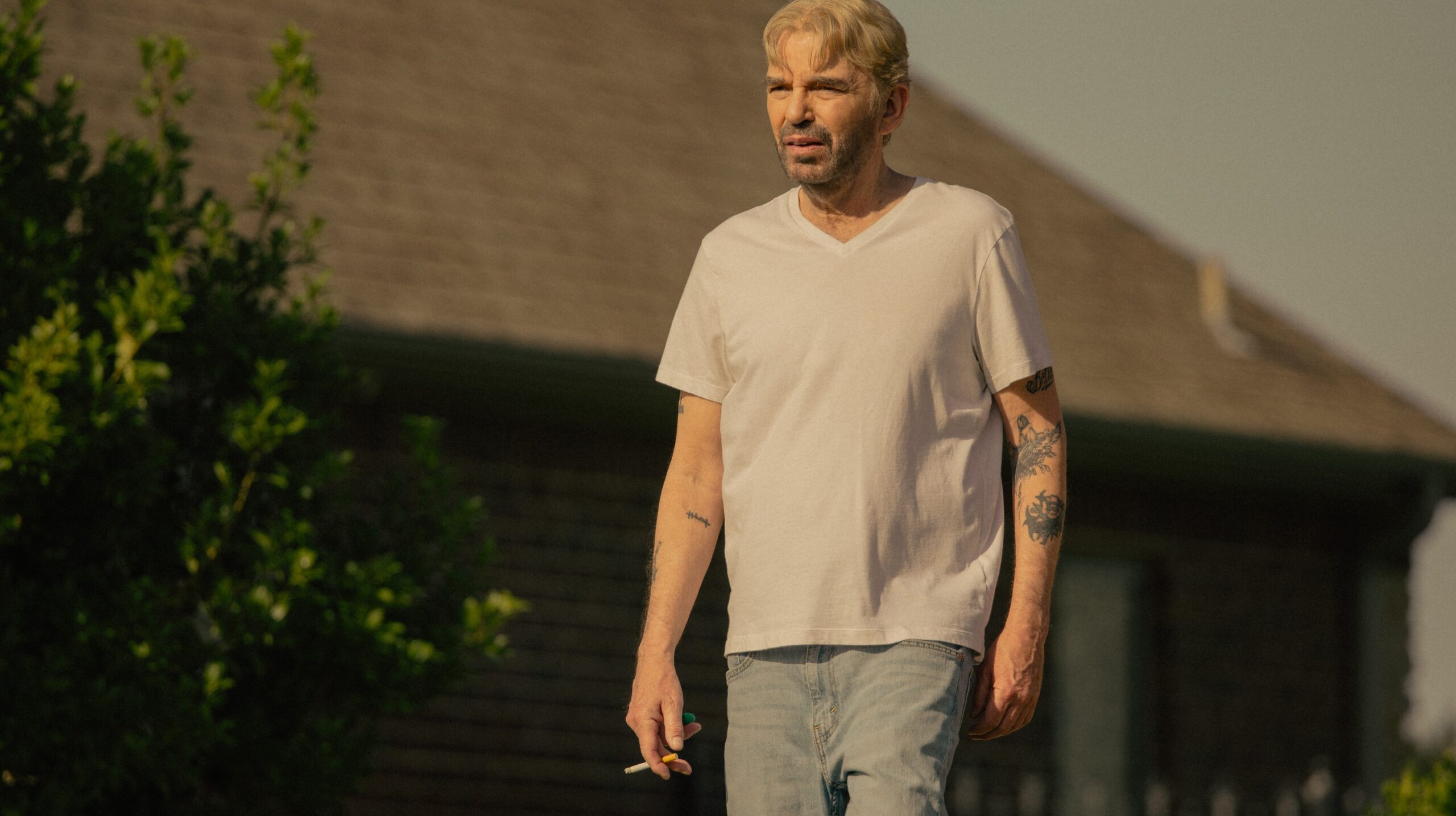










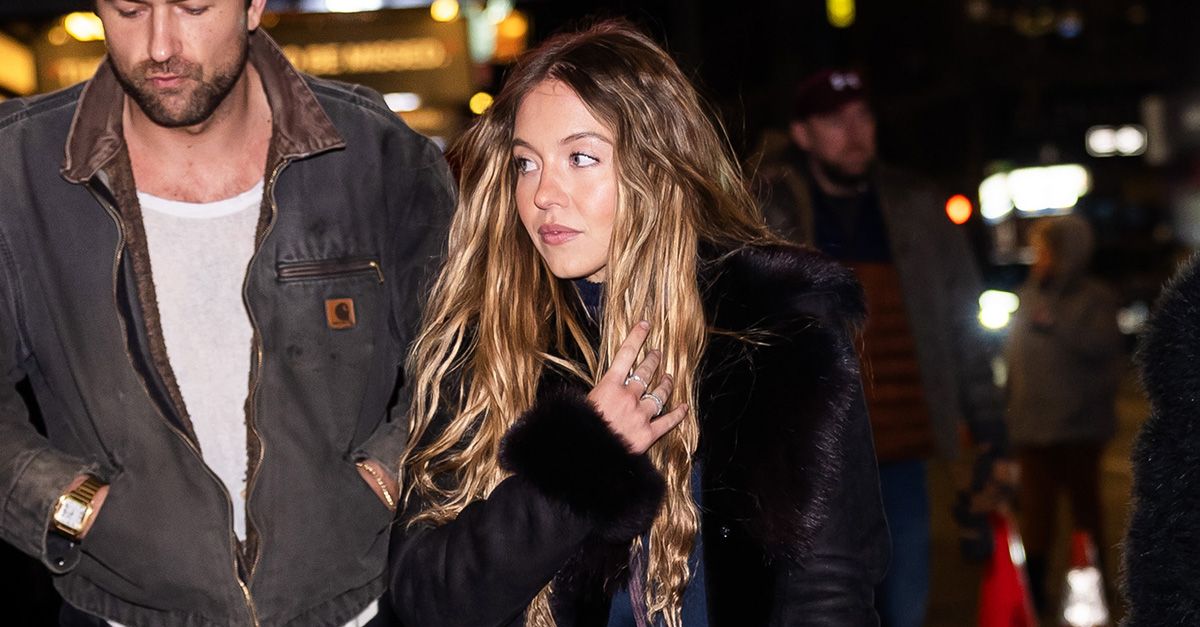



















![Iggy Azalea – Money Come [Official Music Video] Iggy Azalea – Money Come [Official Music Video]](https://i.ytimg.com/vi/7t5V5ygeqLY/maxresdefault.jpg)






![Go Fishing for Demons With ‘My Little Blood Cult’ on December 14 [Trailer] Go Fishing for Demons With ‘My Little Blood Cult’ on December 14 [Trailer]](https://i0.wp.com/bloody-disgusting.com/wp-content/uploads/2023/11/bloodcult.jpg?resize=830,535&ssl=1)
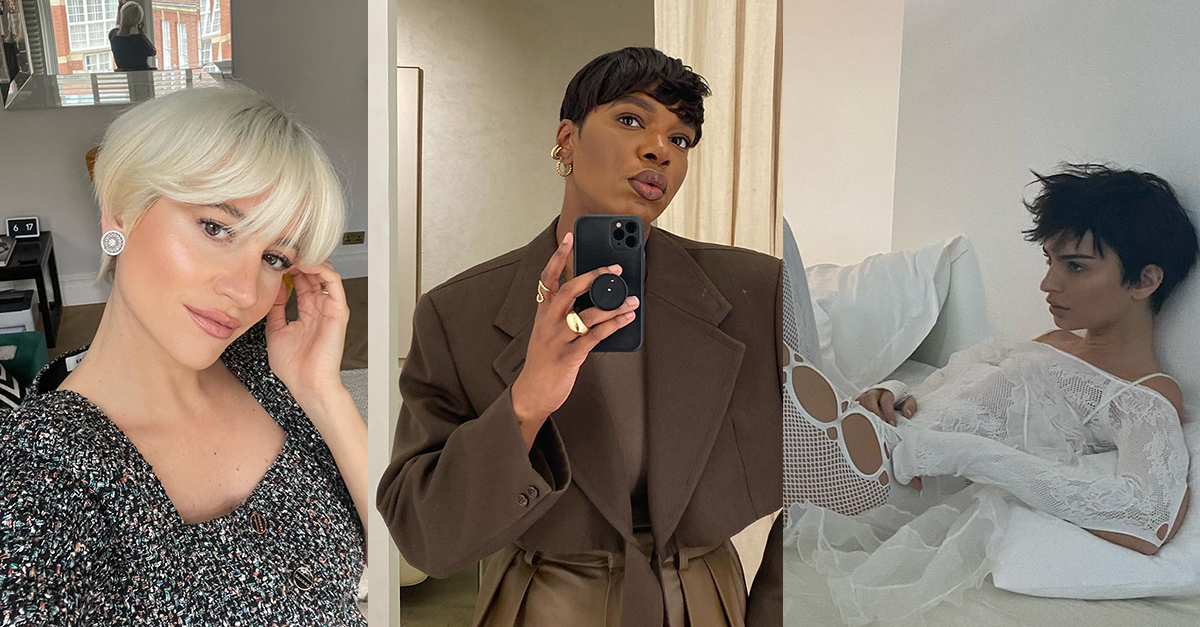



![Mandy Patinkin as [Spoiler], What’s Next for Oliver and Josh in Season 2 (Exclusive) Mandy Patinkin as [Spoiler], What’s Next for Oliver and Josh in Season 2 (Exclusive)](https://www.tvinsider.com/wp-content/uploads/2025/01/brilliant-minds-113-oliver-mandy-patinkin-1014x570.jpg)

